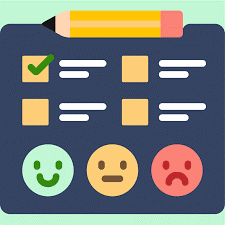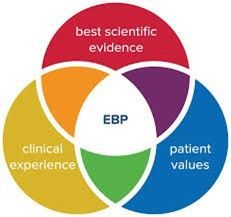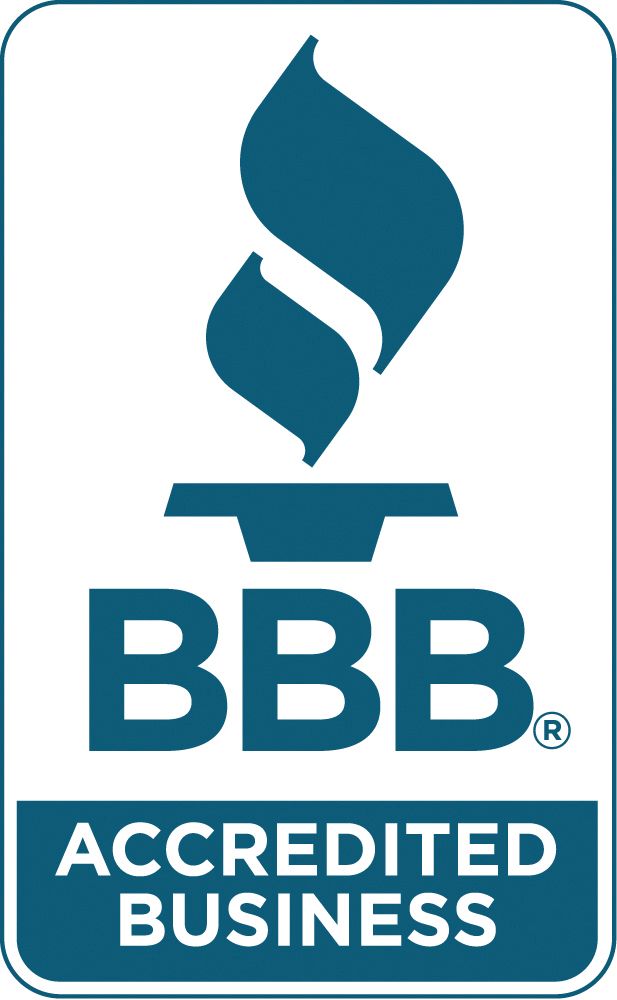3 Reasons Why Resource Parents Need to Know FBA
Functional Behavior Analysis (FBA) teaches resource parents to be good observers.

Functional Behavioral Analysis or FBA should be in the repertoire of every foster or resource family. When foster or resource parents take in youths, regardless of their age, they bring in youth with existing difficulties. The problems are caused by trauma, including abuse, neglect, or being in multiple placements. While other problems are due to their own emotional and behavioral difficulties, beyond what a “typical” youth would have.
In any of these cases, the resource family may not be prepared for what will come. Although they have experience with their own children or other foster youth, children with higher acuity are being placed with more severe difficulties. As resource parents across the country start taking in the youths who used to be in residential facilities, these youths come with more difficult problems, such as fire setting, substance use, sexual offenses, running away, or commercial sexual exploitation.
In some states like California, the state provides more specialized services, like Intensive Foster Care Services (ISFC) which is designed to provide resource parents with the skills to manage their foster youths’ behaviors. Or Therapeutic Foster Care (TFC) where the parents are the mental health behavioral specialists and bill Medi-Cal for treating the youths.
How do they prepare?
Here are 3 reasons why resources parents should know FBA:
1. It teaches them to be good observers. To learn what the youth needs, they first have to know what the youth is doing. When? Where? How much? What happens before and after their behavior? Learn it from their own observations and from that of others such as social workers, teachers, and others who know the youth.
2. They learn the functions of the youth’s behavior. Do the youth need a mind-body connection? To feel safe? To feel part of the group? Or to have some control of their life? This last one is a very big deal with foster youth. Imagine being a youth who goes into a new environment. They can’t control their parents, their social worker, what school they go to, or anything else. Not even their clothing. They then need some control, which could be anything from wetting their bed to cutting themselves with a paper clip. Learning the behavior’s function helps to create targeted interventions.
3. They learn how to try specific strategies which work with youth. This is a collaborative effort between the youth and the family. First, it gets everyone on the same page. The parent wants to help and there can be incentives for the youth to change their behaviors. The parent and youth develop skills to deal with crises and also to prevent crises. But it’s a partnership. Which the foster youth has some sense of control. A win-win situation.
For more information, please contact us.




